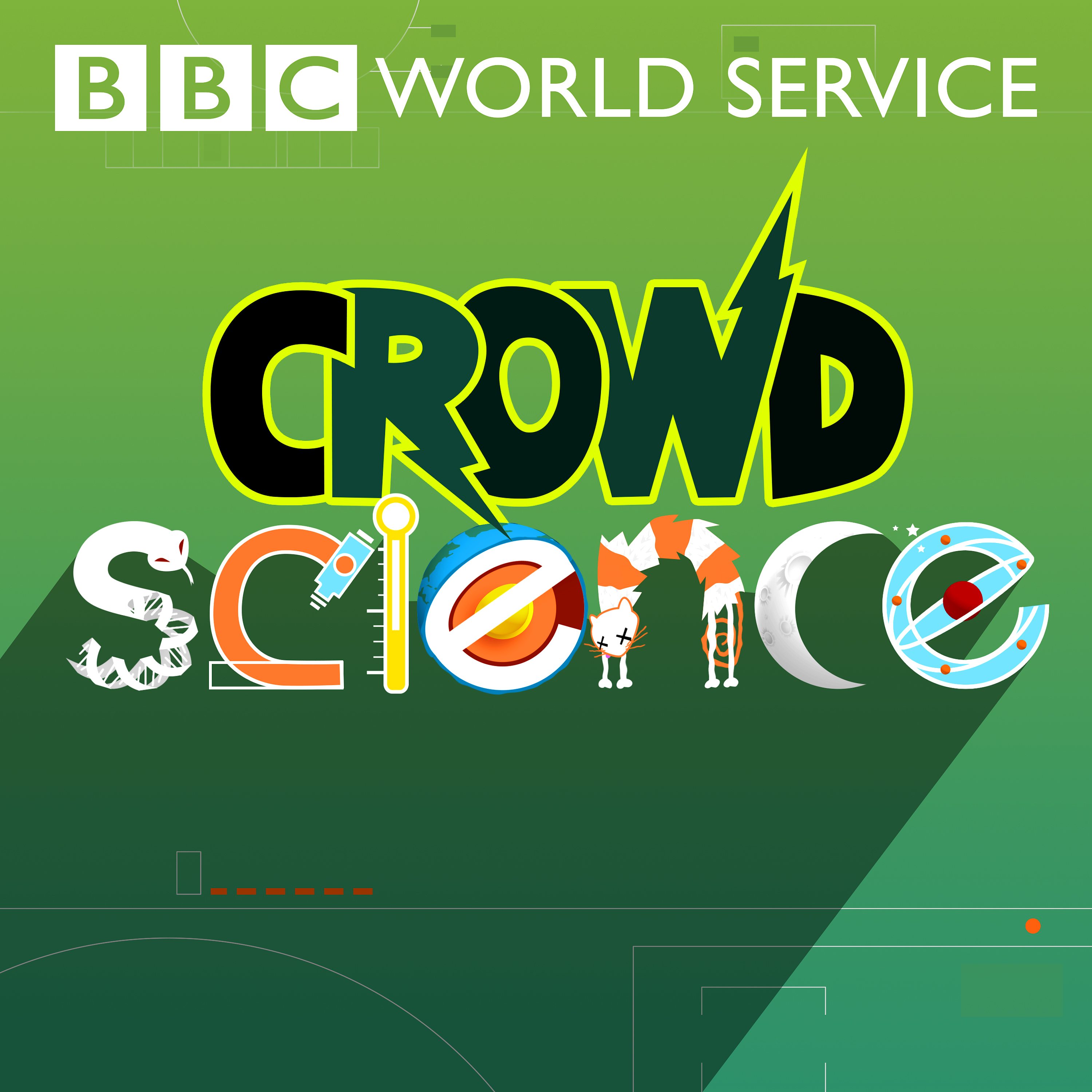
How does a language begin?
CrowdScience
There are over 7000 living languages on earth today. These mutually unintelligible means of communication are closely associated with different groups' identities. But how does a new language start out? That’s what listener BK wants to know. BK lives on one of the islands of the Philippines, where he speaks three languages fluently and has noticed there is a different language on almost every island. Presenter Anand Jagatia finds language experts from around the world who tell him about the many different ways that languages can form. Professor Dan Everett explains that languages naturally change over centuries to the point they are mutually unintelligible, and Quentin Everett describes how his research has identified striking similarities between biological, and linguistic evolution. Sally Thomason, Professor of linguistics in the USA tells us about the more unusual ways that languages can form through contact, or purposeful distancing measures, and Anand speaks with a producer of the BBC’s Pidgin service, about how the contact language nigerian pidgin may be developing into an official language West Africa. Finally, the inventor of a constructed language from the movie Avatar, tells CrowdScience what he has learned about language by creating the fully functional Na’vi language from scratch, and what Na’vi’s adoption by speakers around the world can tell us about the importance of language for creating community. Hearing from different languages from around the world through the programme, CrowdScience get to grips with the many ways new languages can form. Presented by Anand Jagatia, Produced by Rory Galloway (Photo: Chalk board of languages, Credit: Getty Images)Next Episodes

Does my toilet make sense? @ CrowdScience
📆 2020-05-15 22:00 / ⌛ 00:39:36

What is the smallest particle? @ CrowdScience
📆 2020-05-08 22:00 / ⌛ 00:31:24

How do I learn maths when school’s shut? @ CrowdScience
📆 2020-05-01 22:00 / ⌛ 00:34:34

Why do you sweat more than me? @ CrowdScience
📆 2020-04-24 22:00 / ⌛ 00:33:16

What makes a spider spin a web? @ CrowdScience
📆 2020-04-23 16:08 / ⌛ 00:26:54